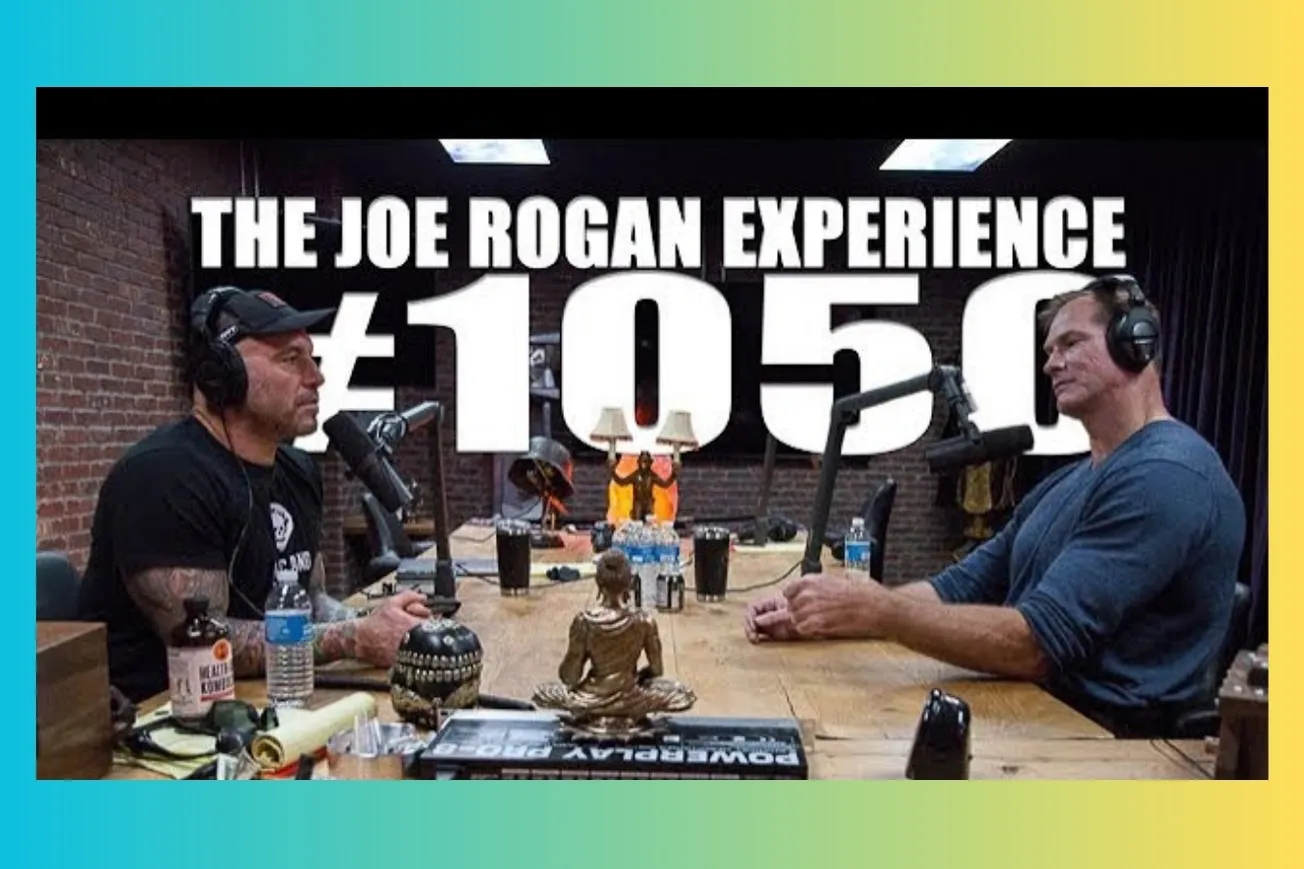A former orthopedic surgeon's radical diet experiment becomes a movement as he breaks athletic records and improves his health on nothing but meat, despite professional backlash and medical establishment resistance.
Timeline Overview
- 00:00–15:00 — Baker's background and journey from skeptic to carnivore advocate; transition through various diets before discovering the all-meat approach; introduction to existing carnivore communities.
- 15:00–30:00 — Explanation of how the carnivore diet challenges conventional nutrition science; discussion of nutrient requirements and how they change when carbohydrates are eliminated; evolutionary perspectives on human meat consumption.
- 30:00–45:00 — Baker's athletic performance on the carnivore diet; breaking the 50+ world record in rowing; explanation of how the body adapts to using protein and fat for energy even during glycolytic activities.
- 45:00–60:00 — Analysis of scientific studies on meat consumption; critique of the methodological flaws in research linking meat to cancer and other diseases; discussion of cholesterol science.
- 60:00–90:00 — Baker describes his traumatic experiences as a surgeon in Afghanistan; the shift in his medical practice toward lifestyle interventions; the professional backlash he faced for advocating dietary approaches.
- 90:00–120:00 — Deeper dive into specific health benefits observed in the carnivore community; Baker's creation of the "N equals many" research initiative; comparisons with other diets; exercise philosophy and recommendations.
Key Takeaways
- Dr. Shawn Baker, a former orthopedic surgeon and accomplished athlete, has eaten exclusively animal products for over a year, reporting improved health and breaking athletic records.
- Baker challenges conventional nutritional science by explaining how nutrient requirements (especially for vitamins C, manganese, and other micronutrients) dramatically change when carbohydrates are eliminated from the diet.
- Traditional RDAs (Recommended Daily Allowances) were developed in the 1940s based on mixed-diet populations, potentially creating blind spots in understanding requirements for low-carb dieters.
- Baker broke the 50+ world record for 500-meter rowing (a highly glycolytic activity) while consuming zero carbohydrates, challenging conventional wisdom about athletic performance.
- The N=Many research initiative collected data from approximately 100 people following a carnivore diet for 90 days, with 99% reporting improvements or maintenance of health markers.
- Baker argues that epidemiological studies linking meat to disease often show only marginal risk increases (18%) compared to known carcinogens like tobacco (2,000% increase), and fail to control for numerous lifestyle factors.
- Despite professional sanctions that ended his surgical career, Baker continues advocating for dietary approaches based on the dramatic improvements he's observed in himself and others.
- Baker's experience highlights systemic problems in healthcare that prioritize procedures over prevention and can actively discourage physicians from pursuing lifestyle-based treatments.
- Contrary to common concerns, Baker reports no negative effects from eliminating fiber, fruits, vegetables, or carbohydrates, suggesting conventional nutrition advice may be flawed.
- A growing community of carnivore dieters reports improvements in inflammatory conditions, mental clarity, metabolic health, and athletic performance, challenging plant-based advocacy.
From Skeptic to Advocate: A Doctor's Unexpected Journey
Dr. Shawn Baker never imagined he'd become the face of the carnivore movement. A former orthopedic surgeon with extensive athletic credentials, Baker initially thought the idea of eating only meat was "fucking crazy."
"If you would have asked me two years ago, I would have said that's fucking crazy," Baker admits about his current diet. "If you would have asked me even five years ago, I'd say yeah, doesn't really matter much, just train your ass off."
His journey began in his mid-40s when, despite intense training, he found himself developing health issues:
- Gaining excess weight despite rigorous training
- Developing high blood pressure
- Likely becoming pre-diabetic
- Struggling to maintain energy levels
This prompted a dietary evolution through multiple approaches:





